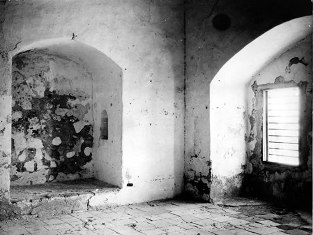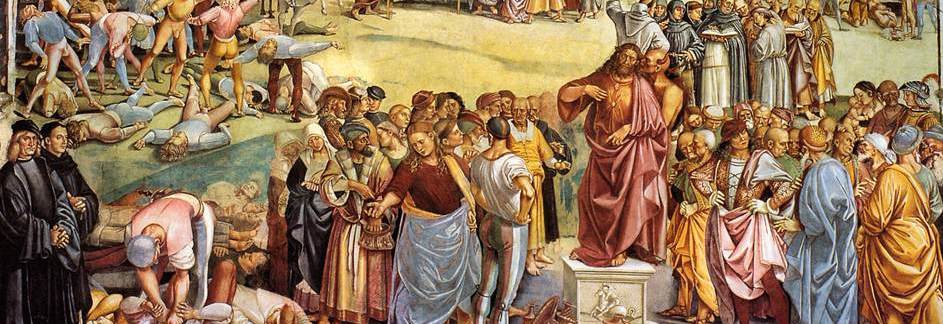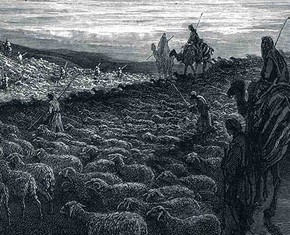The views expressed in our content reflect individual perspectives and do not represent the authoritative views of the Baha'i Faith.
Some Christians believe that the Bible’s warnings about false prophets and the anti-Christ prevent them from investigating any new Faith. So what exactly does Scripture say about the anti-Christ?
BELOVED, believe not every spirit, but try the spirits whether they are of God: . . . Every spirit that confesseth that Jesus Christ is come in the flesh is of God: And every spirit that confesseth not that Jesus Christ is come in the flesh is not of God: and this is that spirit of antichrist . . . Whosoever shall confess that Jesus is the Son of God, God dwelleth in him, and he in God. – 1 John 4:1-3, 15
Clearly, the anti-Christ would not acknowledge that Christ came in the flesh, or that Jesus is the Son of God, and since Scripture instructs us to “try the spirits”, let us look at what the Baha’i Writings say in reference to both. They first testify that Christ did indeed come in the flesh being physically born from the “womb of Mary”:
There could be no question that the physical body was born from the womb of Mary. But the reality of Christ, the Spirit of Christ, the perfections of Christ all came from heaven. – Abdu’l-Baha, The Promulgation of Universal Peace, p. 450.
The Baha’i writings also indicate:
As to the position of Christianity, let it be stated without any hesitation or equivocation that its divine origin is unconditionally acknowledged, that the Sonship and Divinity of Jesus Christ are fearlessly asserted, [and] that the divine inspiration of the Gospel is fully recognized… The Promised Day is Come, p. 109.
Based on Scripture, Baha’u’llah definitely does not fit the description of an anti-Christ. Is it possible, however, that Baha’u’llah might be a false prophet?
Beware of false prophets, which come to you in sheep’s clothing, but inwardly they are ravening wolves. Ye shall know them by their fruits. … A good tree cannot bring forth evil fruit, neither can a corrupt tree bring forth good fruit. – Matthew 7:15-18
A true prophet is distinguished from a false prophet by His fruits, but what are the “fruits of the Spirit?”
… the fruit of the Spirit is love, joy, peace, longsuffering, gentleness, goodness, faith, Meekness, temperance: against such there is no law. – Galatians 5:22-23
So does Baha’u’llah meet this criteria?
Baha’u’llah, born in Persia (Iran) in 1817, led a modest life, refusing to accept a powerful position at the King’s court in order to minister instead to the sick, poor, and lowly. By devoting his time and wealth to those in need and showering them with loving kindness and a joyful spirit, he became known as the “Father of the Poor” in his homeland.

Interior of Baha’u’llah’s Cell
Baha’u’llah also endured persecution, including imprisonment, torture and exile for forty years for claiming to be God’s Manifestation (Prophet). He suffered through this persecution with meekness, resignation, and faith in God. This persecution included imprisonment and exile from his native land, torture and poisoning, while the authorities took away His land, home, and material possessions. Baha’u’llah could have avoided this “longsuffering” if he had only recanted his claim to be the Manifestation of God for this day. Instead, he remained steadfast in his convictions and not only accepted four decades of persecution with dignity, but strove for peace and reconciliation with those who persecuted him. Since Baha’u’llah manifested the “fruits of the spirit”, and since only a “good tree” can manifest them, we can conclude that Baha’u’llah is a true Prophet.
You May Also Like
Comments

















I found, when a Baha'i friend called my attention to it and issues a challenge, that the Bible itself answered most of the questions I raised ... and ...pointed to Baha'u'llah as the One Christ spoke of when He said that He would return with a New Name,
-Ariel from Cali